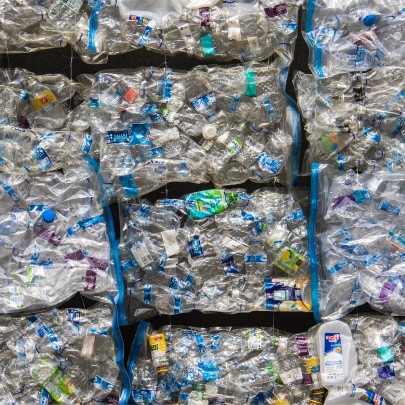April 22, 2022 Industry news
The waste generated by drink containers continues to cause considerable damage to the environment. Each year, UK consumers are estimated to get through 14 billion plastic bottles, nine billion aluminium and steel cans, and 1.5 billion glass bottles. By volume, drinks containers account for 75% of the litter found on UK streets and, although many of these items are fully recyclable, recent recycling rates show there is much more to be done if the Government is to reach their target of recycling 77% of single-use plastic bottles by 2025, and 90% by 2029.
Governments around the world are now looking at deposit return schemes (DRS) as solutions to the devastating environmental impact of waste, harmful emissions, and littering.
Such schemes have been operating – and working - in many countries for years and research conducted by the UK government in 2018 suggests they could prove popular in Britain, with 84% of respondents agreeing with the principles of a DRS.
The UK government now views DRS as a key component of its strategy for moving away from a linear economy towards a more circular one. By changing our current – and highly damaging – model of ‘take, make, throw away,’ they hope to double resource productivity, achieving zero avoidable waste by 2050, maximising the value we extract from our resources, and minimising impact on the environment.

What is a deposit return scheme (DRS) and why do we need one?
Deposit return schemes are an example of extended producer responsibility (EPR). EPR gives manufacturers greater responsibility for the entire lifecycle of their packaging and incentivises them to factor sustainability into the development of new products, packaging, and labelling.
The schemes themselves are designed to encourage recycling by charging consumers a deposit on drinks containers such as bottles and cans. This is then refunded when the items are returned to a collection point to be recycled.
This deposit places a monetary value that reflects the true social and environmental cost of disposal. The infrastructure behind an effective DRS should also provide consumers with a clear and easy method of returning waste and claiming their deposit.
Successful returns would ensure that products can be recycled into secondary raw materials to replace virgin materials in production.
This will keep resources in use for as long as possible, extracting the maximum value from them and reducing the emissions associated with creating new products.
Reducing the number of drinks containers littered would also have obvious environmental benefits as disposable drinks containers rank highly among the most found items across the UK’s countryside and beaches.

When is DRS due to start in the UK?
Already used across the world in various forms, the UK government is now planning the rollout of their own DRS initiative.
One of the main challenges currently facing implementation in the UK is the fact that England, Wales, Scotland, and Northern Ireland are moving at different speeds and appear to be taking different approaches.
Scotland is currently ahead of England, Wales and Northern Ireland having settled on a national ‘return-to-retail’ scheme for single-use containers made of PET, steel, aluminium or glass, with a deposit of 20p per container.
They have already established the necessary legal framework in their Deposit and Return Scheme for Scotland Regulations 2020, which was passed by the Scottish Parliament in May 2020, and have appointed Circularity Scotland as their scheme's administrator. As result, Scotland will be the first of the four nations to launch a DRS which is due to start on 16 August 2023.
Plans for the rest of the UK are still under consideration, and the government is yet to provide feedback from the Department for Environment, Food & Rural Affairs’ (DEFRA) recent consultation for England, Wales, and Northern Ireland. This feedback could be published as early as 26 May 2022 and the scheme itself is anticipated to launch in late 2024.
While advocating a “UK-wide approach,” DEFRA has opted against making producers pay for ground litter and has dropped glass from DRS in England and Northern Ireland to “reduce complexity,” “burdens on producers” and potential safety risks to consumers. However, the Scottish and Welsh governments have vowed to go a step further as both nations have committed to including glass and aluminium. All four nations will implement a “polluter pays” system in which producers will be responsible for the clean-up costs of the most littered items. This system will see brand owners, importers, distributers, and online marketplaces charged according to the amount and type of packaging they place on the market and penalised if their packaging is harder to reuse or if they fail to hit recycling targets.
How could a UK DRS work?
Traditional schemes have commonly used “return to retailer model”. This approach, which is to be adopted by Scotland, requires consumers to return any containers themselves to a fixed return point to cash their deposit.
However, some retailers have expressed doubt as to whether a returned deposit would be enough to incentivise customers to participate in return to retailer schemes.
Many have argued that for DRS to have a meaningful impact on sustainability, simplicity and uniformity are essential. An alternative approach could see the implementation of a “Digital Deposit Return Scheme” (DDRS). Through a system of unique codes and smart phone scanning, a DDRS could allow deposits to be redeemed digitally, expanding the potential range of return points. If feasible, not only would such a scheme enable home scanning, it could also allow containers to be returned through existing household kerbside collections, preventing consumers from having to lug empty bottles back to the supermarket. This however would signal a completely new, more complex approach and studies on the feasibility of such a system are still underway.
While complementing fixed retailer return points with smart phone scanning could provide greater choice with less disruption for consumers and retailers alike, questions around the potential costs and implications for brands, waste collectors and processors are yet to be answered.
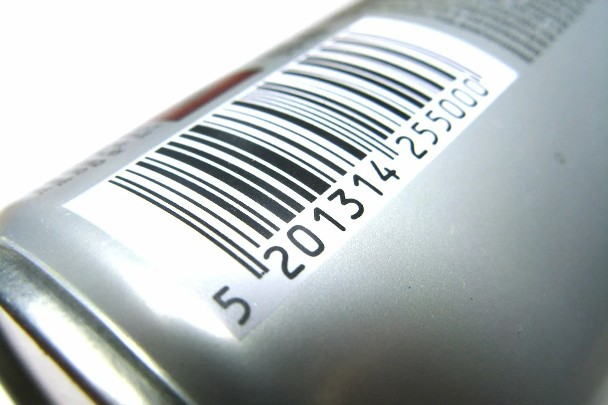
The need for a standardised approach
Dealing with legislative changes that are implemented differently in one country before another presents a major challenge for UK businesses. Without common, global standards across the UK, DRS could pose significant logistical problems for manufacturers and, consequently, consumers, who could experience higher prices and reduced choice.
This is why GS1 UK supports an approach that delivers consistency, facilitates cross border trade, and supports efficient and effective supply chains.
Accurate product data will be a key component and for any DRS to succeed, the approach behind it must be:
- Harmonised: product information must be seamlessly shareable across borders, allowing for data from any of the four nations to be integrated into a UK-wide recycling system
- Neutral: underpinned by global, open, interoperable standards to drive participation and prevent the lock-in of any providers
- Future-proofed: adaptable to wider reform of the producer responsibility system for packaging and can support future technological developments such as digital labelling
- Flexible: a system that looks beyond drinks containers and can support a range of collection methods
GS1 open standards are accessible to all and provide users with a common language to identify, capture and share supply chain data while ensuring essential information is accessible, accurate and easy to understand.
In the context of DRS, this offers administrators and businesses a consistent way to identify, label and categorise packaging attributes. This ensures information can be exchanged in a manner that is simple, transparent and reduces variation – even across borders.
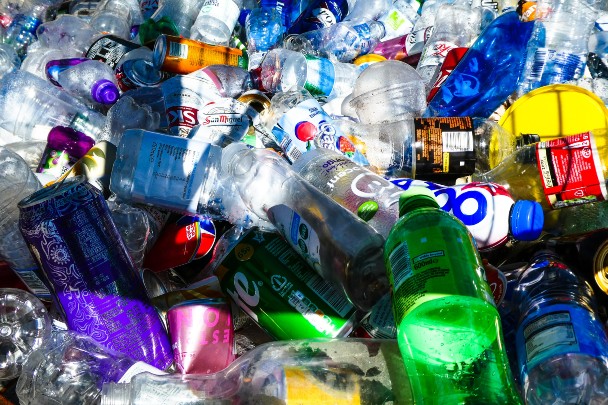
GS1 standards are already powering deposit return schemes across the world and building them into any processes developed for the UK would help Government implement their scheme at scale and speed. By ensuring that processes are simple and harmonised, standards significantly increase operational efficiency, drive scheme participation and could potentially save both industry and taxpayers millions.
This is especially important when considering the Institute of Economic Affairs have estimated that DRS could cost more than £1bn for the first year and £800m thereafter in England alone.
The stresses placed on the environment will have to change if we are to preserve the planet for future generations. Change is no longer optional and for the sentiment behind the governments sustainability goals to become a reality, we need greater transparency of where the things we buy come from, what they contain, how and by whom they are made, and how they can be recycled.
GS1 standards have a huge part to play in this drive for sustainability. For a DRS to have any meaningful impact, it must be underpinned by data that manufacturers, retailers, and consumers can trust.
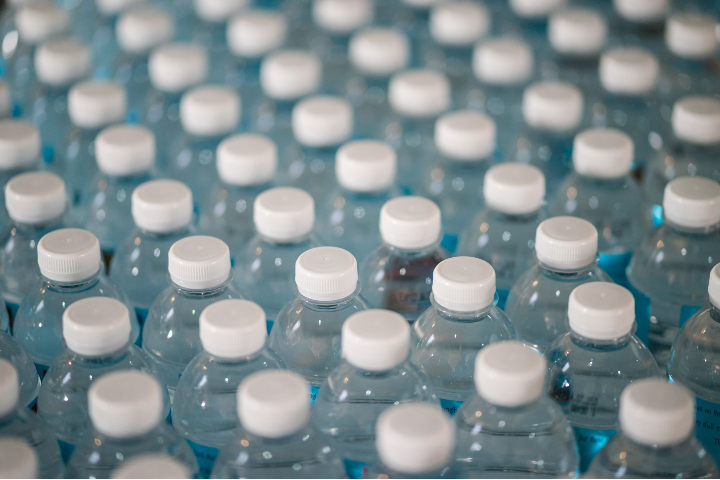
GS1 UK consultation response
As part of the development of a DRS solution across the UK, GS1 UK has provided a consultation response to help inform and shape the programme.

Find out more
If you would like to find out more about how GS1 UK are supporting deposit return schemes across the UK, please get in touch.
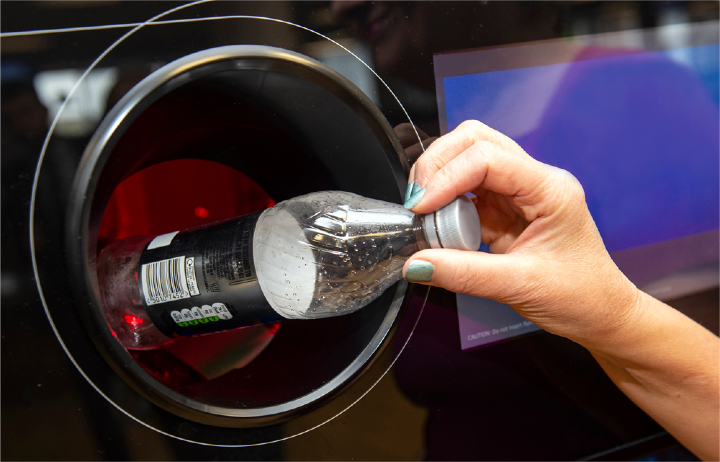
Standards for sustainability
Find out how by harnessing the power of GS1 standards, we are helping to drive a more circular economy.
